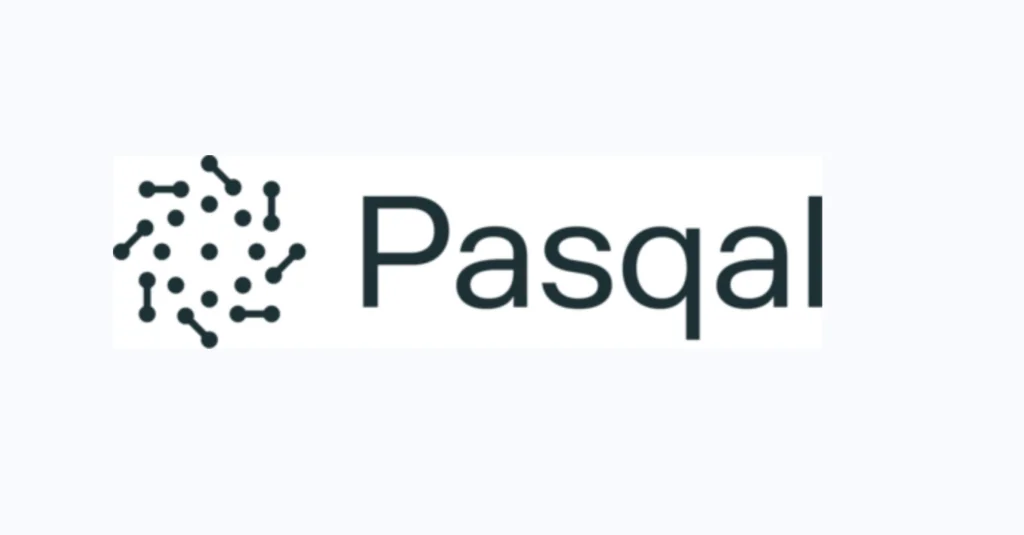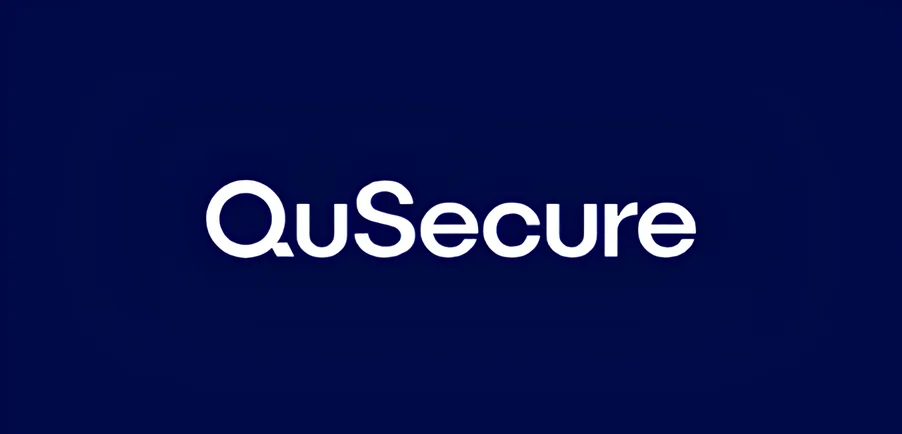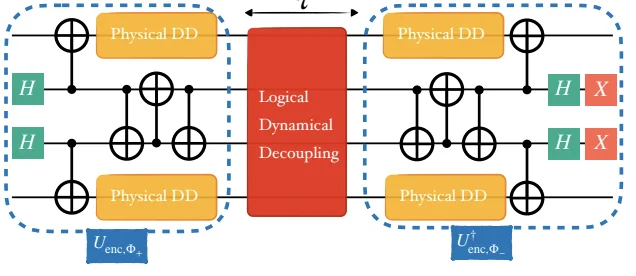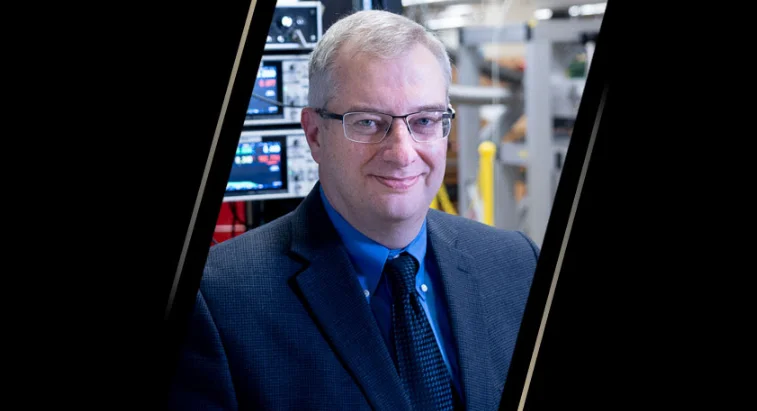Insider Brief
- Quantum Rings simulated large-scale quantum circuits, including Google’s quantum supremacy experiment, using standard hardware with 32GB of memory.
- The Quantum Rings SDK enables researchers, students, and enterprises to develop quantum-driven solutions today, offering free access for academic use and integration with platforms like ASU’s Sol Supercomputer and QCentroid’s cloud services.
- By combining advanced simulation tools with industry-standard workflows like Qiskit, Quantum Rings empowers users to explore applications in optimization, cryptography, machine learning, and materials science.
PRESS RELEASE — Quantum Rings, a pioneer in developer tools for quantum computing, is excited to announce the publication of its latest study, Effective Simulation of Sycamore Circuits. This research highlights the Quantum Rings SDK’s powerful capability to simulate complex quantum circuits, including those featured in Google’s quantum supremacy experiment, using standard computing hardware with 32GB of memory. This achievement makes advanced quantum simulations accessible today, allowing researchers and enterprises to move forward on quantum projects ahead of the availability of large-scale, fault-tolerant quantum computers.
The study reveals that the Quantum Rings SDK can simulate these circuits with remarkably high fidelity, as measured using the linear cross-entropy benchmarking (XEB)—achieving an average linear XEB score of 0.678 across all circuits in Google’s quantum supremacy experiment, and more notably, achieving an impressive score of 0.622 for the largest and most complex 53-qubit circuit. This demonstrates the SDK’s capability to handle even the most demanding quantum simulations with accuracy that surpasses current NISQ-era quantum systems. The Quantum Rings SDK thus emerges as an exciting new tool for building, testing, and executing sophisticated quantum algorithms with unmatched fidelity on standard hardware.
Read the full paper on Quantum Rings’ breakthrough

What This Means for Enterprises Today
As quantum computing transitions from theory to practical application, Quantum Rings is empowering enterprises to seize this opportunity now. With the advanced simulation capabilities of the Quantum Rings SDK, companies can begin developing quantum-driven solutions today, positioning themselves at the forefront of innovation.
For forward-thinking enterprises, this means the chance to build a robust quantum capability in-house by crafting proprietary quantum IP, designing specialized algorithms, and validating proofs of concept within their own infrastructure. This capability supports a range of impactful applications—from optimization and cryptography to machine learning and materials science.
“Quantum isn’t a distant technology—it’s unfolding now,” said Bob Wold, Co-Founder and CEO of Quantum Rings. “The companies that start building quantum expertise and IP today will be the ones thriving tomorrow.”
Access the SDK Today
The Quantum Rings SDK is fully supported on MacOS, Windows, and Linux, and integrates seamlessly with Qiskit™️, making it easy to start using within your existing quantum projects immediately.
To make this capability widely available, Quantum Rings offers the SDK for free for academic and non-commercial use. Users can register and download the Quantum Rings SDK now to run on their local development environments at www.quantumrings.com, with enterprise licenses available for commercial applications.
Expanding Access Through ASU and QCentroid
Through strategic partnerships, Quantum Rings has extended the SDK’s reach to major platforms, increasing access for developers and researchers.
In collaboration with Arizona State University, the SDK is now accessible on ASU’s Sol Supercomputer, enabling students, faculty, and researchers to explore large-scale quantum circuits with ease.
“This collaboration provides the ASU community with a transformative tool to investigate the potential of quantum computing,” said Dr. Gil Speyer, Director of ASU’s Computational Research Accelerator. “We’re excited to see the innovation that will ensue when our researchers leverage this capability at scale.”
In addition, Quantum Rings has partnered with QCentroid to offer the SDK on a fully managed, cloud-based platform, bringing sophisticated simulation to users without the need to manage infrastructure.















